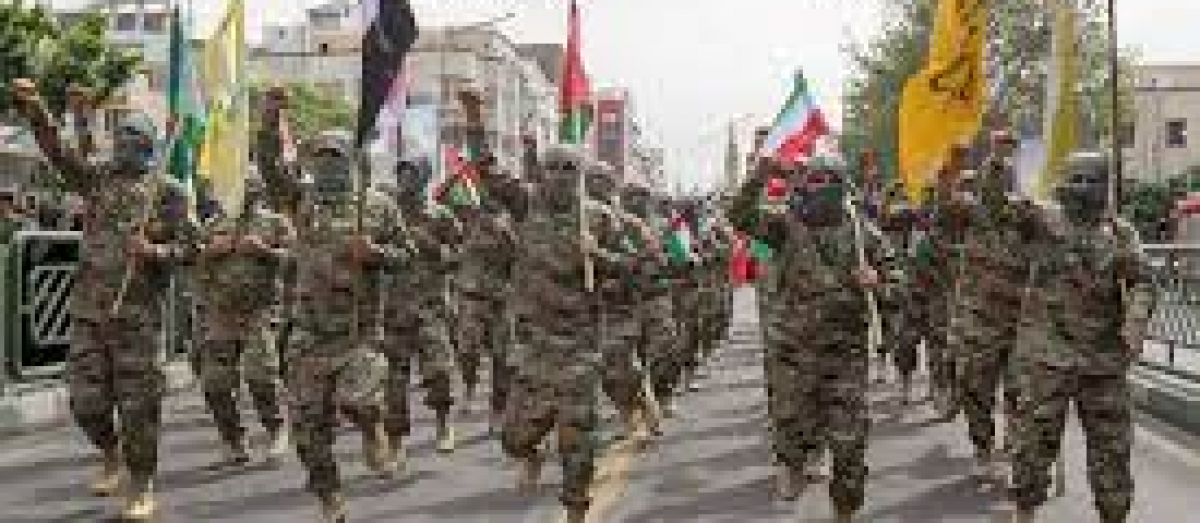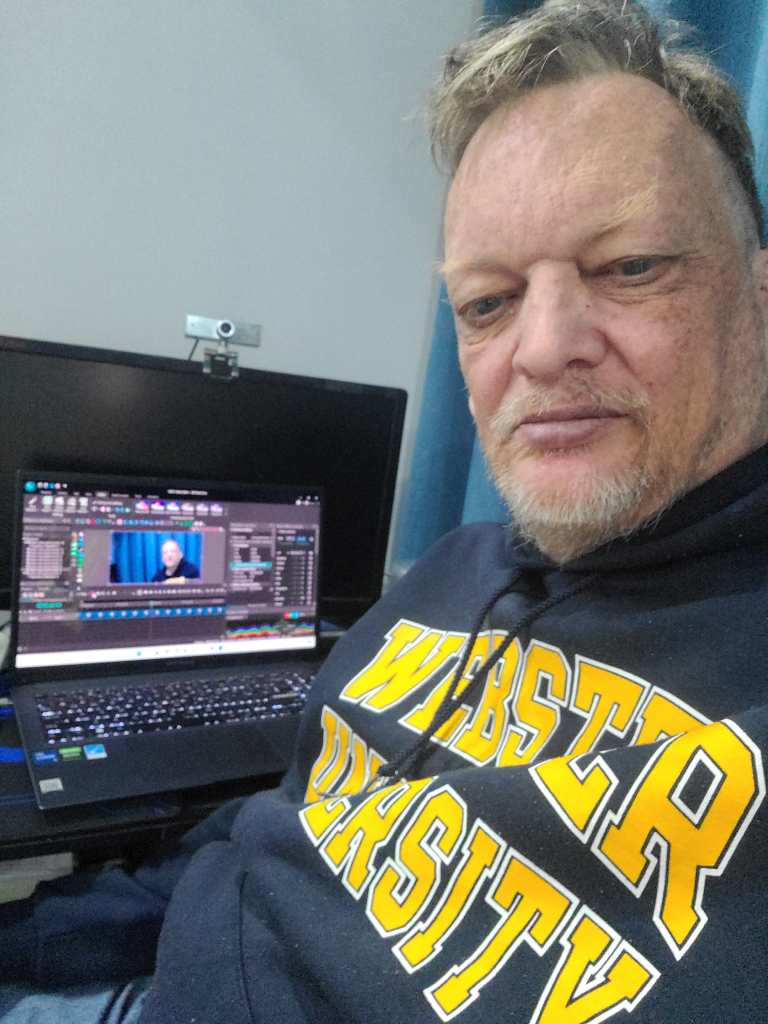MENA Home
Hezbollah: Who are they?
Hezbollah, whose name translates to “Party of God,” is a Shia Islamist political party and militant group based in Lebanon. It was established in the 1980s with the financial and ideological support of Iran, primarily as a resistance group against the Israeli occupation of southern Lebanon.
Base of Operations and Areas of Activity
Hezbollah’s main base of operations is in Lebanon, particularly in the Shia-dominated areas of the Bekaa Valley, southern Lebanon, and the southern suburbs of Beirut. Over time, its influence and operations have expanded, and it has become a significant political actor within Lebanon, holding seats in the Lebanese Parliament and maintaining a robust social service network.
Apart from its activities in Lebanon, Hezbollah has been involved in regional conflicts, providing support to the Assad regime in Syria and allegedly engaging in various activities in other parts of the Middle East, such as Iraq and Yemen. It has also been accused of carrying out or plotting attacks against Israeli and Jewish targets abroad.
Funding
Hezbollah’s funding comes from various sources. Initially, it received substantial financial and military support from Iran, and to some extent, Syria. This backing has allowed it to build a sophisticated arsenal and a network of social services in Lebanon. Additionally, Hezbollah is believed to engage in a range of fundraising activities, including local businesses, charities, and criminal activities such as smuggling and money laundering. Its funding mechanisms are complex and have evolved to avoid international sanctions and scrutiny.
Primary Cause
Hezbollah’s primary cause, as stated in its manifesto, is the defense of Lebanon from external threats, primarily Israel, and the promotion of its version of Islamic governance in Lebanon. It was formed in response to the Israeli invasion of Lebanon in 1982 and came to prominence as a resistance force against Israeli occupation. While Israel withdrew from Lebanon in 2000, Hezbollah contends that the Shebaa Farms area remains occupied Lebanese territory and continues to cite this as a rationale for its armed presence.
Military Capability
Hezbollah possesses a significant military capability that has been built up over decades. It has a range of light and heavy weapons, including rockets and missiles capable of striking deep into Israeli territory. It has also developed more advanced technologies such as drones and has improved its missile accuracy.
Hezbollah’s strength was demonstrated in the 2006 Lebanon War, where it managed to withstand a prolonged conflict with the Israel Defense Forces (IDF), earning it a reputation as a formidable force. Since then, its arsenal has reportedly grown both in size and sophistication, including a stockpile of precision-guided missiles that pose a strategic threat to Israel.
Ability to Wage War with Israel
Hezbollah has the resources and capability to initiate a conflict with Israel, but such a war would be costly for both sides. The group’s leaders are aware of the potential for widespread destruction in Lebanon, which might undermine its political standing. Furthermore, while Hezbollah has a well-equipped militia, Israel possesses one of the most powerful militaries in the world, backed by advanced technology and nuclear capabilities. Therefore, there is a mutual deterrence in place.
Despite their capabilities, both parties have so far refrained from full-scale war after 2006, largely engaging in sporadic skirmishes and maintaining a tense standoff. The complex geopolitical situation, including Hezbollah’s involvement in Syria and the wider regional tensions between Iran and its adversaries, contributes to the delicate balance that prevents an all-out war, despite the occasional flare-ups and exchanges of fire across the Israel-Lebanon border.




